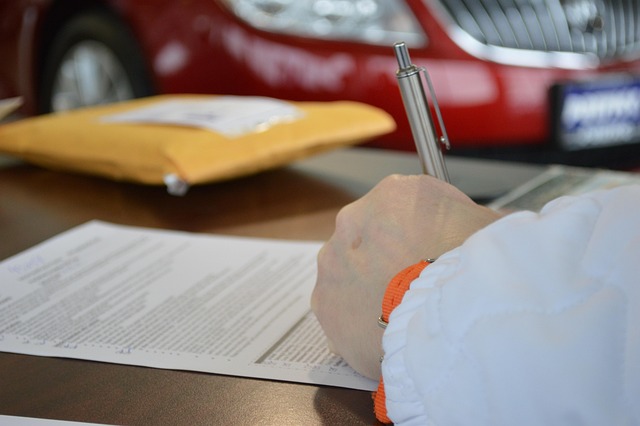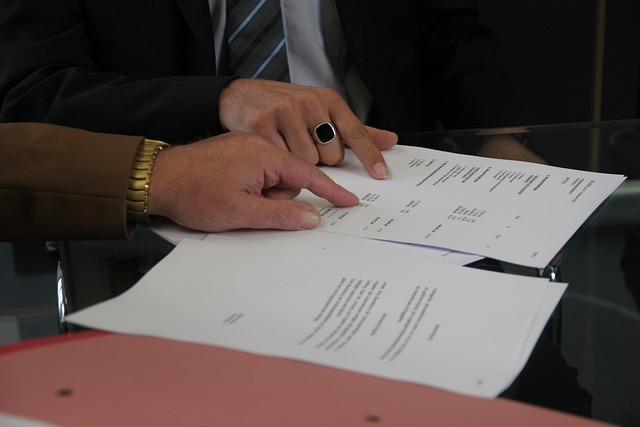What is Mediation – 5 common questions…
This week is Family Mediation Week. Mediation is such an important arm of the dispute resolution toolkit of the family solicitor. It travels alongside a number of other forms of dispute resolution, which in the right cases, can help you and your ex-partner/spouse or other family member resolve the issues between you. So here are 5 of the most common questions we get asked about mediation
1. What is mediation?
Both parties, whether or not they are represented by lawyers, can agree at any time to enter a process of mediation whereby they agree on the appointment of a neutral third party, a qualified mediator, to help them resolve the issues between them. The mediator’s role is not to make decisions or help one party over another achieve their goal. Mediators are neutral and are there to facilitate the discussions between you both in an even-handed and impartial way, without adjudicating the issues.
2. Do I have to meditate?
No. Mediation is a voluntary process and, at its very core, is a process option giving both participants a space where they can speak and negotiate on their own behalf, free from risk and consequence.
3. What is a MIAM?
A MIAM is a Mediation, Information and Assessment Meeting. It is a meeting with a qualified mediator to discuss your issues and whether or not mediation would be an appropriate forum for you and your ex-partner/spouse to resolve the issues between you. The MIAM will also be used to discuss with you other forms of dispute resolution which may be appropriate for resolving your particular matter. Attendance at a MIAM is a requirement prior to the issue of court proceedings relating to finances or children, save for very specific circumstances which include but are not limited to emergency/urgent applications and domestic abuse (although domestic abuse itself is not a bar to mediation). A MIAM usually lasts about 30-45 minutes in length and can be an extremely useful way of exploring the options which would be appropriate in your circumstances.
4. How is mediation different from discussing matters with my partner/ex-spouse directly?
By entering a mediation process, both parties to the mediation benefit from the assistance of someone neutral, with no agenda other than to try and help you resolve the issues in a constructive way, without lengthy and costly court proceedings. The role of the mediator is to facilitate the discussions, troubleshoot / reality check options, work through the difficult parts of the discussion and give each of you the chance to speak and be heard. The mediator will also undertake the role of
- managing the information gathering i.e. financial disclosure
- signposting i.e. giving guidance as to gathering information from third parties such as valuers and providing resources and information to other services or professionals who can offer advice, support and information relevant to your situation
- keeping a record of the progress of your discussions, which can assist in providing a neutral record and for obtaining independent legal advice.
5. Can a mediator help us with arrangements for our children or complex financial matters?
Absolutely. Mediation can be suitable for all sorts of issues concerning arrangements for children, including child arrangements, special days, discussing and agreeing on how to address issues such as introducing a new partner. Utilising a mediator can help you both preserve your co-parenting relationship to establish good working relationships and manage future conflict or points of tension.
Mediators are also experienced in dealing with all levels of assets and different financial matters including pensions, multiple properties, business assets, high income and complex income structures. Mediators will assist you with information gathering to exchange your financial disclosure and involving third party neutrals such as IFA’s or accountants (for example) to assist alongside the mediation.
If you are thinking about separation, are going through a separation/divorce and wish to consider whether mediation or other forms of dispute resolution are appropriate for your case then please get in touch. There are different types/models of mediation and one or another may be better for your circumstances. We’re here to help. Please do not hesitate to get in touch.



